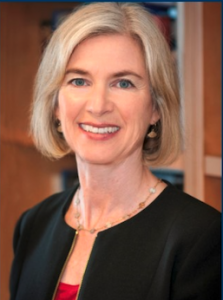The Cores within the ISG continue to ensure staff follow local, federal, University and CDC guidelines for physical distancing while efficiently meet the needs of those who require our genomics services.
CGI: The CGI has spent the last several months tackling our queue for services. We continue to accept new projects; note that disruptions to supply chains from various vendors impact our workflows. We will make every effort to let PIs know the most accurate timeline for sample processing and when interruptions to service occur. We appreciate your patience as we navigate the supply issues faced by facilities nation-wide.
What does this mean for CGI users who have been approved to return to campus for work in the laboratory?
- Eurofins Sanger submission daily pick up is now available using the dropbox in ESB. If you prefer sending samples out directly from your lab, you can request shipping labels and/or envelopes from the CGI.
- Sample pick up from UConn Health sites will continue to be offered as needed. Please contact Bo Reese for more information on delivery options.
- In-person training for Illumina MiSeq, located in the Cell and Genome Sciences building at 400 Farmington Avenue, will be offered as needed.
- Training for and access to CGI lab equipment, including sequencers, located in the Engineering and Science building at Storrs, is suspended until we are afforded increased personnel capacity in the facility, as per university and state guidelines. If you require the use of one of our pieces of equipment, please contact us to arrange for processing.
In addition to following physical distancing guidelines, CGI staff will only be working in the lab to process samples and maintain critical equipment. Sample drop off for approved research must be coordinated ahead of time to ensure someone is on site and available to receive samples. As a result of these new safety measures and staffing protocols, turnaround time for data delivery of newly submitted samples will be communicated on a user-by-user basis.
Computational Biology Core: To support the dramatic increase in computational needs among our users, the CBC continues to hold consultations/appointments via Webex or Zoom. In person meetings are available upon request. Please contact cbcsupport@uconn.edu to continue to request software installs, server accounts, consultations, or new projects.
We continue to support your computational needs and provide community support through our Slack channel, which is monitored daily: uconn-cbc.slack.com
The CBC continues to hold data therapy sessions and workshops in a virtual format. We encourage you to reach out to us if you have any questions about future experiments and how best to plan for sample submission and project completion. We would also like to thank you for your support and understanding while we navigate through this unprecedented time.
Warm Regards,
Bo, Rachel and Jill

